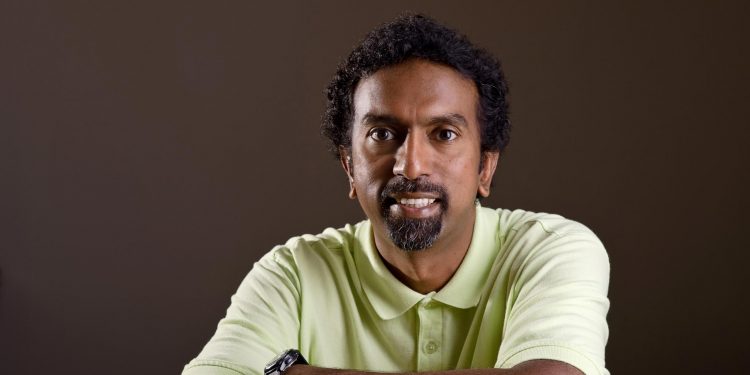Melvin Durai
I drive a Honda that’s more than 10 years old. I was quite happy with it, until I happened to rent a new car one day. This new car had all the latest technology installed, including a navigation system that my Honda lacks (I use my phone for directions) and a premium surround sound system. The sound system provides 320 watts of power from eight speakers, which would allow me to blast Abba so loud, my kids would die of embarrassment.
For a day or two after returning the rental car, I wondered if it would be worth it to buy a newer car and enjoy some of the amenities that newer cars offer. But then I realised that any additional happiness that I’d get from the newer car would dissipate in a week or two. I’d get used to all the new features and they wouldn’t be special to me anymore. I might even grow tired of embarrassing my kids.
In the end, what really matters is whether a car can reliably take me from Point A to Point B. My Honda runs very well—it hasn’t broken down on me yet—and I’m not quite ready to get rid of it. Of course, whenever a friend buys a brand new car, I can’t help feeling a little envious. But then I imagine all those monthly car payments and the envy disappears.
It’s human nature to make comparisons, as David J. Linden, a neuroscientist at the Johns Hopkins University School of Medicine, writes in an article titled “A Neuroscientist Prepares for Death,” which appeared in a recent issue of the US magazine The Atlantic.
Linden, who has terminal cancer, shared a few insights that preparing for death has taught him about the human mind. One of his insights struck me as particularly perceptive. “The deep truth of being human is that there is no objective experience,” he writes. “Our brains are not built to measure the absolute value of anything. All that we perceive and feel is colored by expectation, comparison, and circumstance.”
Even when we can measure something objectively, we do not experience it objectively. This is why, Linden says, 30 minutes fly by when you’re chatting with a friend, but the same amount of time can seem like an eternity when you’re standing in line at the DMV (Department of Motor Vehicles). In a similar way, 60 minutes seem like such a short time when you’re sitting for an important exam, but those same 60 minutes seem never-ending when you’re sitting in a dentist’s chair.
Linden offers another example: “That fat raise you got at work seems nice until you learn that your co-worker got one twice as large as yours.” One moment, you’re feeling appreciated at work, and the next moment, you’re feeling exploited. It’s tough not to compare yourself to others. That’s how we often measure our accomplishments. If you scored 72 per cent in an exam, you’d probably feel bad about it. But if you find that your score was the highest in your state, you’d feel considerably better about yourself—and considerably worse about your state.
We don’t just compare ourselves to others—we also compare our current experiences to previous ones. After you’ve spent a few years living in Dubai, you’ll never complain about the heat in India. You might even wear a sweater all year. But if you just returned from Siberia, you’ll feel like you’ve been thrown into a fire.
For Linden, his cancer diagnosis has made him appreciate every moment of life. His doctor expects him to live just one more year. Linden wishes he had five years left to enjoy life. Five years seems like a lot, but only because he’s been given just one year.
“The point is that, in our minds,” he writes, “there is no such thing as objective value, even for something as fundamental as five years of life.”







































